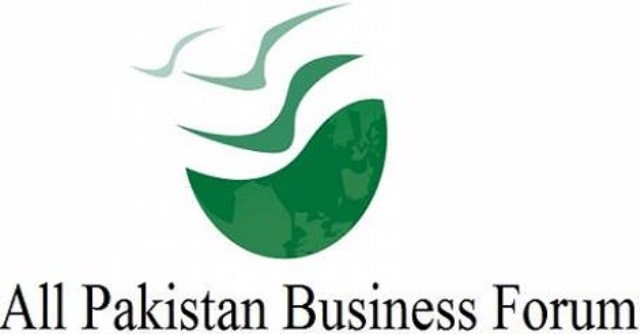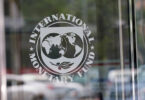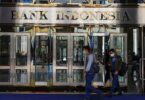F.P. Report
ISLAMABAD: The All Pakistan Business Forum (APBF) has warned that the federal budget deficit has widened by Rs3.6 trillion in the first nine months of the current fiscal year (9M FY23) on the back of a massive surge in spending on debt servicing, as the government paid Rs3.6 trillion in debt servicing in this period, which is very alarming.
APBF President Syed Maaz Mahmood said that the country’s economic viability was at stake, as its gross official foreign exchange reserves plunged to lower level. As against the budgeted over $7 billion foreign commercial loans, the government still saw $6.5 billion materializing in the current fiscal year.
He said that the country’s debt servicing cost may cross well over Rs7.6 trillion in the next fiscal year, which is roughly 15% more than the projected net income of the government but is still lower than the estimates made by the International Monetary Fund.
APBF Chairman Ibrahim Qureshi observed that based on the fact that the federal government debt stood at Rs54 trillion at the end of April, interest payments in the next fiscal year may cross well over Rs7.5 trillion. The estimated Rs7.6 trillion debt servicing cost is 90% more than this fiscal year’s original budget set aside for interest payments and one-third higher than the revised estimates. It seems that taxes will be collected to just pay the cost of interest to domestic and foreign banks.
Ibrahim Qureshi said that the IMF had asked the government to increase the general sales tax rate to a minimum of 18% to raise more taxes, accelerating inflation to 29% and economic growth rate slowing down to 1.5%, ultimately causing higher unemployment and poverty in the country.
Syed Maaz Mahmood added that foreseeing that the elections could be around the corner, the government’s focus has now filtered down to two short-term compulsions, including to present a populist budget and to stay out of default. The government appears to have decided to set aside the complex issues such as rising inflation, loss of rupee value, unemployment, food shortages, closure of industries due to import restrictions and collapse of exports and investments for the present and to leave it behind as a carry-forward for the next government.
Maaz Mahmood added that the IMF demanded that the government should consider increasing the GST rate by 1% to 18% to raise additional taxes in the current fiscal year, warning the government that the GST was considered highly inflationary and 1% increase would push the prices of all goods upwards.
He said that the government had already spent Rs2.57 trillion on debt servicing during July-December period of the current fiscal year. The central bank last month increased the interest rates to 17%, which might not help contain inflation but will surely further bleed the budget.
Quoting the Pakistan Bureau of Statistics, the APBF President pointed out that inflation hit the 48 years’ highest level of 46.6% in April. The likely acceleration in the index would bring more misery for the people who were facing difficulties in meeting both ends. However, the government had no choice but to comply with the IMF requirements to avoid default.
Maaz Mahmood informed that due to floods, tight monetary policy, high inflation, and a less conducive global environment, the economic growth rate might slow down in the range of 1.5% to 2% — a pace that was even lower than the population growth rate and would cause more unemployment in Pakistan.
He said that the agriculture sector would contract, the industrial sector might show nominal growth. Moreover, compared to old estimates of generating about 1.5 million new jobs, the government should now realize that the additional jobs in the current fiscal year might not be more than half a million.
According to some estimates, about two million new entrants came in the market in search of jobs every year and a low additional employment number suggested that there would be a higher jobless rate in Pakistan. He was of the view that in present circumstances, it would be difficult to raise $8 billion from the capital markets and foreign commercial banks.






